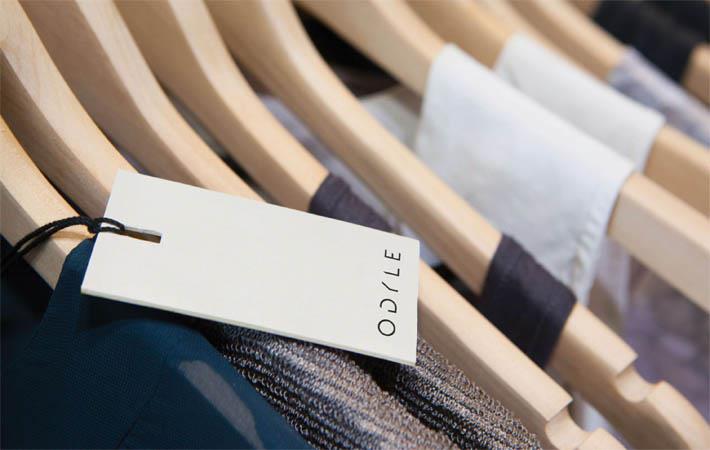UNECE, along with the ITC, the European Commission, ILO and partners from the private sector, civil society and academia, is charting out a Decent Work and Transparency and Traceability Tool, to help the garment sector make risk-informed decisions and operate along a set of internationally agreed practices, increasing transparency vis a vis final consumers.
This will include a policy recommendation, to enable governments to advance the necessary policy approaches, and a comprehensive Technical Global Standard for the Traceability of Sustainable Value Chains in the sector, covering the entire life-cycle of products. The move is in view of an analysis presented at the OECD Due Diligence Forum, held during February 12 to 14 in Paris and attended by about 600 policy makers and experts of the sector, by UNECE. The analysis was conducted through targeted interviews and field visits, and a detailed survey, involving more than 100 companies from all over the world, from raw material producers to large brands and retailers.UNECE, along with the ITC, the European Commission, ILO and partners from the private sector, civil society and academia, is charting out a Decent Work and Transparency and Traceability Tool, to help the garment sector make risk-informed decisions and operate along a set of internationally agreed practices, increasing transparency vis a vis final consumers.#
According to the analysis, for more than 65 per cent of companies, traceability helps build trust with consumers; develop more solid networks with clients and suppliers; and identify opportunities for efficient and sustainable management of resources. And while key challenges lie in the fragmentation of the value chain and data security, technological advances (eg blockchain, bar codes, chips) can play an important role.
However, only 34 per cent of the companies have reported to have traceability systems in place, and most of them can identify and track their immediate suppliers only. But information is often lost about the suppliers of their suppliers – not to mention the third and fourth levels of suppliers. The analysis also shows that a positive correlation between traceability and transparency and sustainability, meaning that tracking and tracing the value chain makes sustainability claims more credible.
When it comes to the key ingredients of a robust traceability system, companies (more than 55 per cent) have indicated that data/information to be exchanged along the value chain should include information on the country of origin; features and properties and processing step of raw material, products, parts and components; and compliance with sustainability requirements.
The study also highlights the relevance of policy and legislation to enhance the visibility along the value chain. Compliance with national, regional or international regulatory requirements or guidance directives and common criteria to measure and benchmark sustainability performance, coupled with effective auditing systems are a priority for companies (75 per cent of respondents), which have also stressed the need for fiscal incentives (64 per cent), support to research and development (54 per cent) and training for skills development (61 per cent).
“Scientific findings and policy principles for due diligence and sustainability in the industry are now widely agreed. It is time to implement and accelerate action,” stressed OECD secretary general Angel Gurria at the OECD Forum. This project is about action and builds on the UNECE and ITC vast experience and expertise in supporting policies, regulations, standards and tools, which guide value chains towards more responsible production and consumption patterns. The project, funded by the European Union, is to be implemented over the period 2018 to 2021.
In September, last year, on the day of the opening of the Milano Fashion Week, the New York Times published an investigation shedding a disturbing light on the practices of several renowned clothing brands in South Italy. Finishing a luxury coat, sold for € 800-2000, requires some 4-5 hours of highly-skilled work. But all too often, female workers working at home earn a maximum of € 4-5 per hour paid in cash, without any regular contract, insurance or pension contribution. The brands concerned declared that they were in line with ethical sourcing practices, and that they sent regular inspections to their sub-contractors.
This highlights a critical issue: complex and fragmented value chains make it extremely difficult for brands and manufacturers to get the full story behind their goods, to identify where exactly risks lie, and to respond to growing consumers’ and civil society’s demand for attaining sustainability in the sector. Enhancing the traceability and transparency of the value chain, has become a key priority for advancing sustainable production patterns, advance a circular economy approach, and inform responsible consumption choices, in line with the Sustainable Development Goal 12 of the UN 2030 Agenda. And in line with the agenda for sustainable fashion, subscribed by the 100 major fashion brands at the Copenhagen Fashion Summit, last year. (SV)
Fibre2Fashion News Desk – India
